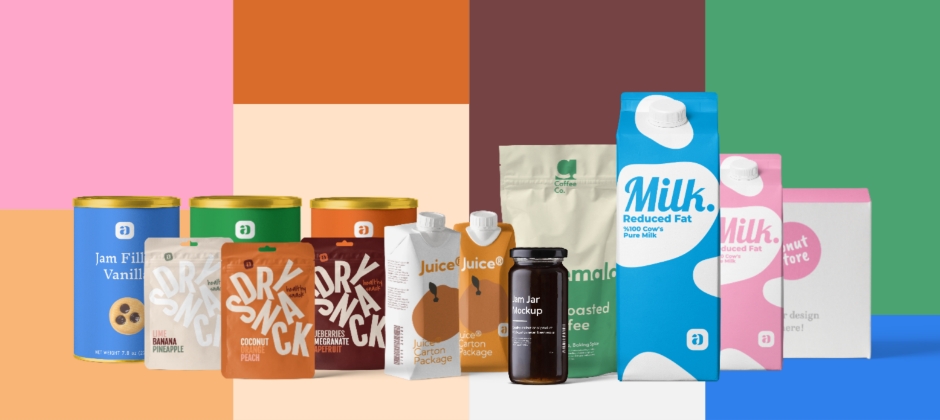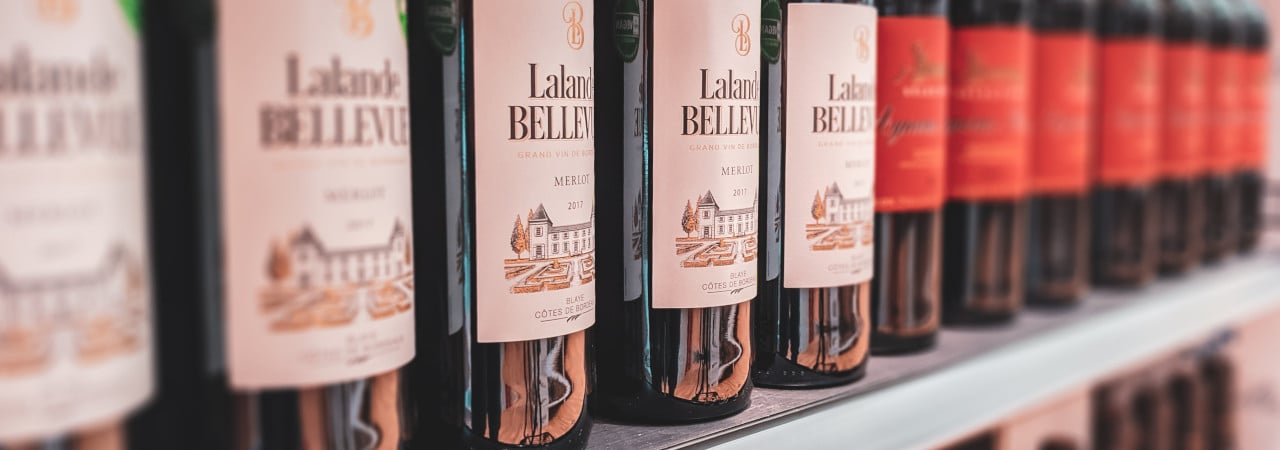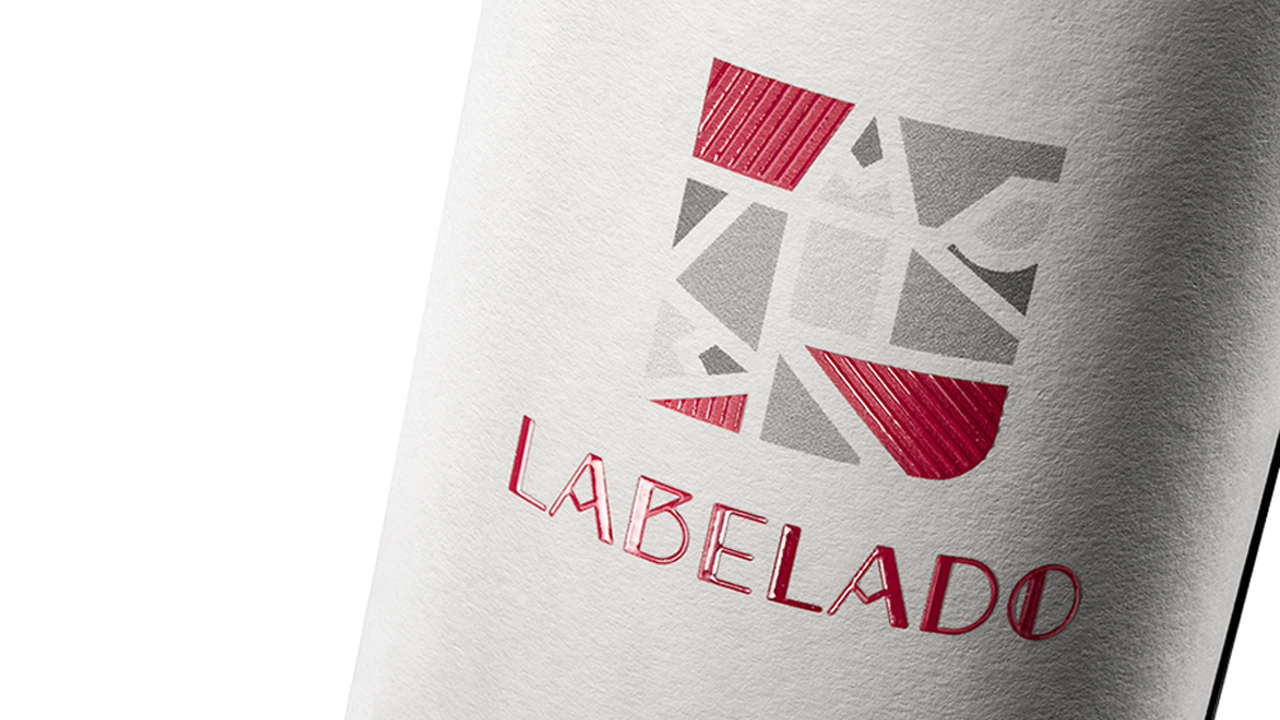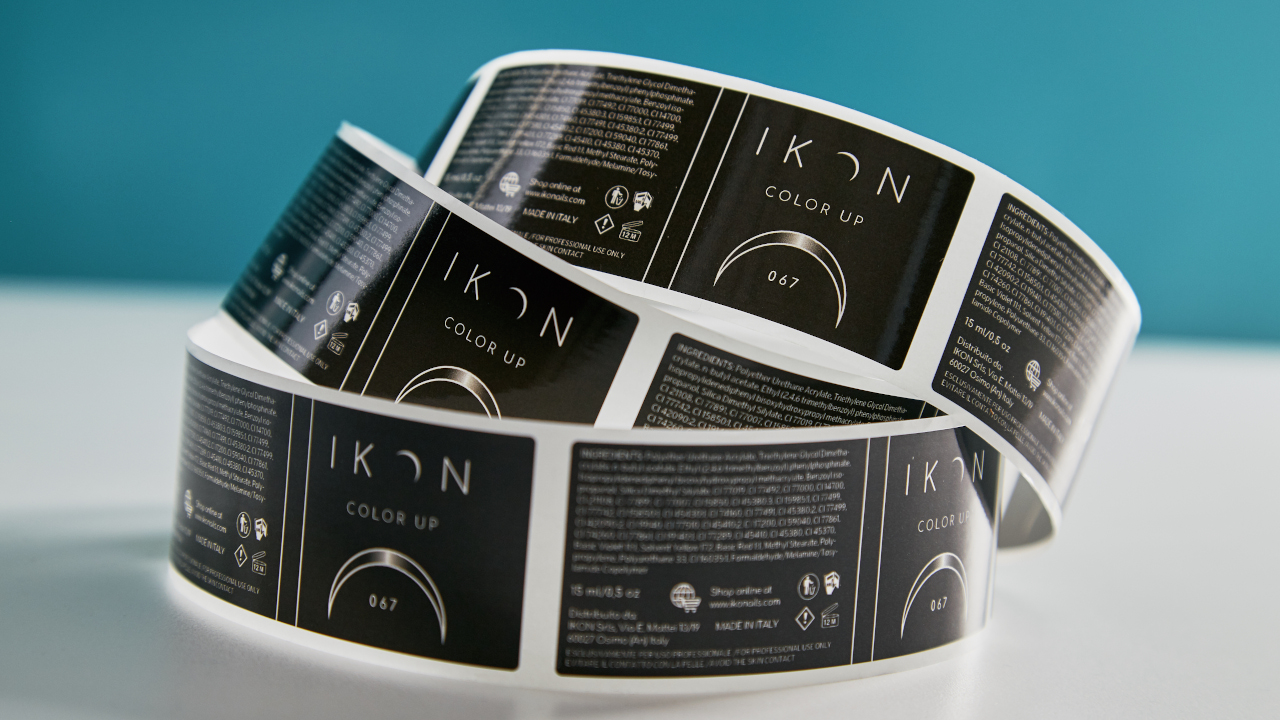Did you like the article? Share it!
What is meant by private label?
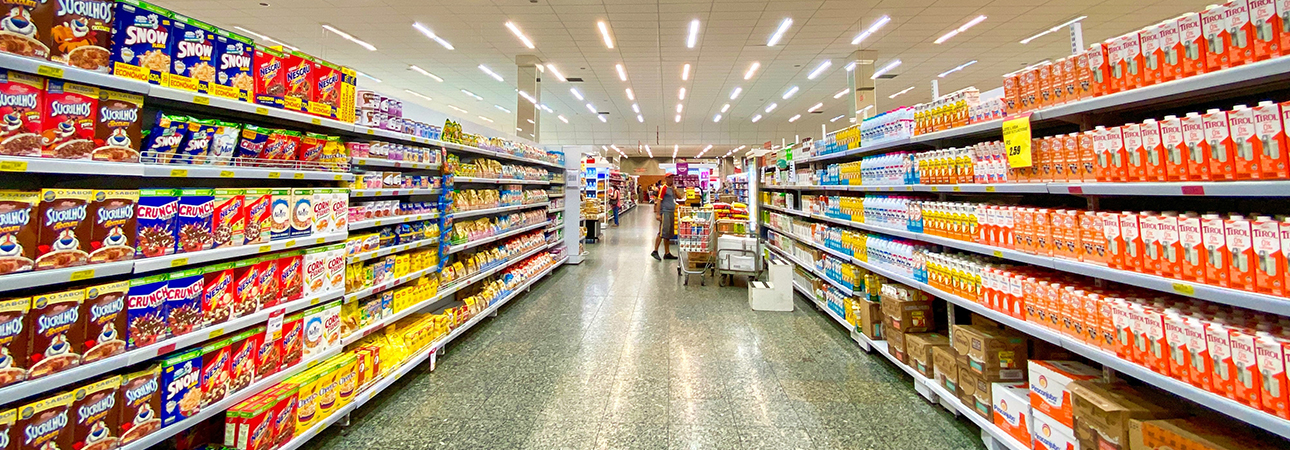
In recent years, the spread of so-called private labels has grown more and more. But what is meant by private label? Let's see it together in this short article.
Definition of Private Label
By private label we mean all branded products, i.e. products marketed under the distributor or supermarket brand, rather than the manufacturer's. This type of product tends to bear the same name as the supermarket chain in which they are sold or use fictitious names that always lead back to the brand. Just think about Marks and Spencer products or Sainsbury’s ones.
The private label products have a quality comparable to that of the products of well-known brands but the products are sold at more competitive price. Private labels have more competitive price just because the supermarket doesn’t have the same marketing costs to promote that specific product as a branded company.
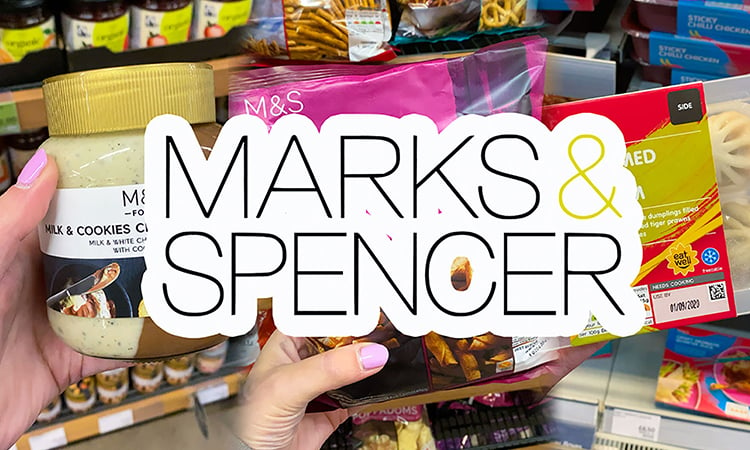
Where you can find a private label?
As mentioned before private labels are a typical product of large-scale retail companies.
Private label products are commissioned by the distributor or supermarket to other suppliers. The choice of introducing a private label within its offer is made to build customer loyalty, converting brand loyalty towards well-known brands in store loyalty (i.e. loyalty towards the point of sale).
Private labels are unlikely to attract new customers to the point of sale. Consumers entering a store for the first time want to be reassured by the presence of well-known brands. Only when he becomes a regular consumer, the customer will rationally purchase a private label product.
Who are the producers of private label products?
There are two types of suppliers.
There are copackers, this is how those production companies that are exclusively dedicated to private labels are defined because they do not own their own brand but produce exclusively on behalf of third parties.
In addition to these companies, there are brand companies that are enticed by the idea of producing additional volumes of goods for private labels. Winning a private label can allow branded companies to saturate the capacity of their factory lines with large additional volumes (often at minimal profit margins) or obtain important advantages, such as a closer link with the large-scale retail trade.
How does the process for creating a private label work?
It usually works like this: when a distribution company has to contract out a specific line of products, it creates a specification in which it gives indications on recipes, packaging and price positioning.
Subsequently, the distribution company invites the production companies to make their offer and sometimes even create samples to test in comparison with the others.
Are there different private label lines within the same distributor?
The answer is Yes. Over the years, distributors have tried more and more to diversify their offer by introducing even highly qualitative lines.
Today we can see premium, organic, vegetarian, gluten-free private labels etc.
Private labels are successful as they are based on the direct and daily relationship that the supermarket has with its customers as a physical store and on the knowledge that supermarkets have of their shopping habits.
Next

